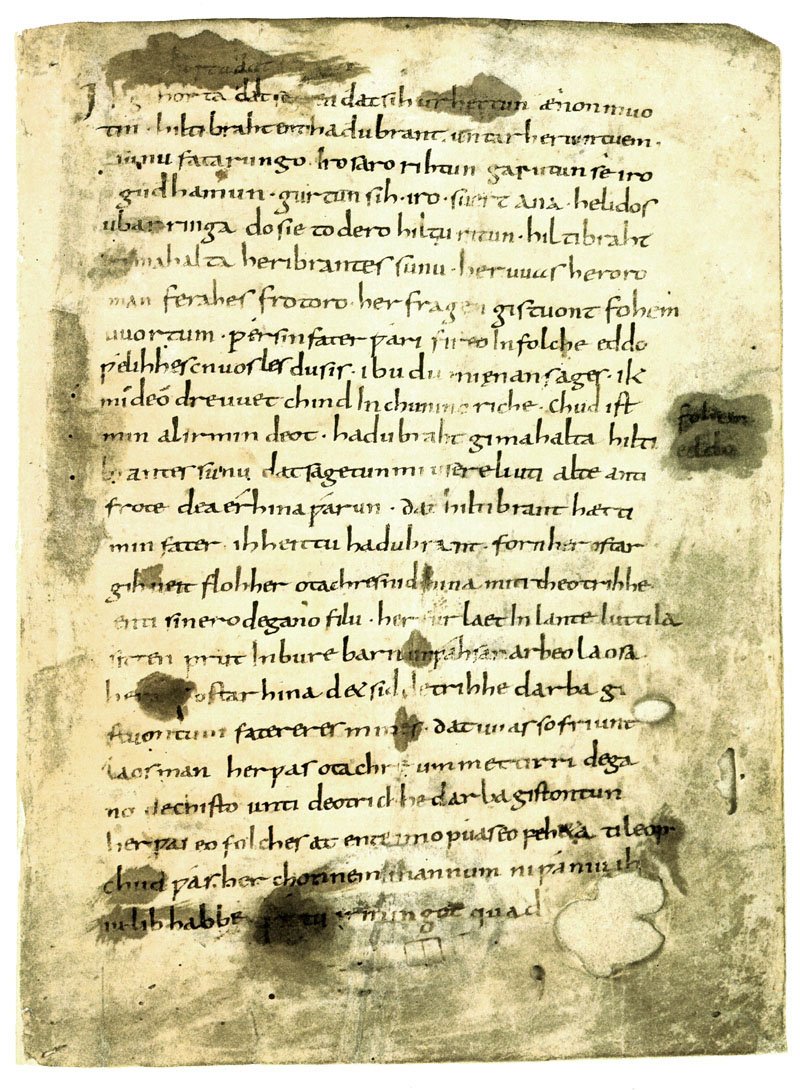I'm taking a Medieval Lit class, and I find it very strange that we've read Boethius's "Consolation of Philosophy," which was written around the final collapse of the western Roman empire, and then skipped about a half-dozen centuries to "The Art of Courtly Love." What's between?
I know that "Beowulf" is from around that time, and some of the earlier histories we derive Arthurian legends from. But histories are, well, histories. They're academic records, not intended as an art form. And Beowulf was inherited from an oral tradition among the Germanic tribes who invaded well before Charlemagne (and may have been his ancestors). According to my prof, everyone literate read Ovid, Plato, and other classics, for which they had immense respect. He doesn't mention any indigenous accomplishments from that time period, and lots of the stuff we're reading from the court of Eleanor of Aquitaine is plainly indebted to, and references, the Ancients. No mention of any native works except exact contemporaries.
I'm tempted to just chalk this deficit up to the infamous backwardness of the time period, but that seems like taking the easy way out and I'm not sure I should jump to stereotypical conclusions. What literature, if any, do we have from western Europe from the fall of Rome to c.1000 AD? Or did they just spend five centuries being wowed by ancient texts and failing to produce anything of their own somehow?
I know that "Beowulf" is from around that time, and some of the earlier histories we derive Arthurian legends from. But histories are, well, histories. They're academic records, not intended as an art form. And Beowulf was inherited from an oral tradition among the Germanic tribes who invaded well before Charlemagne (and may have been his ancestors). According to my prof, everyone literate read Ovid, Plato, and other classics, for which they had immense respect. He doesn't mention any indigenous accomplishments from that time period, and lots of the stuff we're reading from the court of Eleanor of Aquitaine is plainly indebted to, and references, the Ancients. No mention of any native works except exact contemporaries.
I'm tempted to just chalk this deficit up to the infamous backwardness of the time period, but that seems like taking the easy way out and I'm not sure I should jump to stereotypical conclusions. What literature, if any, do we have from western Europe from the fall of Rome to c.1000 AD? Or did they just spend five centuries being wowed by ancient texts and failing to produce anything of their own somehow?
 Dude, I'm not saying you can't mention the Jews or anything; if you have information on that particular group, by all means share it, though IIUC the Jews were rather isolated from mainstream medieval society. I just get annoyed when you act indignant that we're all not thoroughly educated in the ways and traditions of your culture.
Dude, I'm not saying you can't mention the Jews or anything; if you have information on that particular group, by all means share it, though IIUC the Jews were rather isolated from mainstream medieval society. I just get annoyed when you act indignant that we're all not thoroughly educated in the ways and traditions of your culture.
Comment